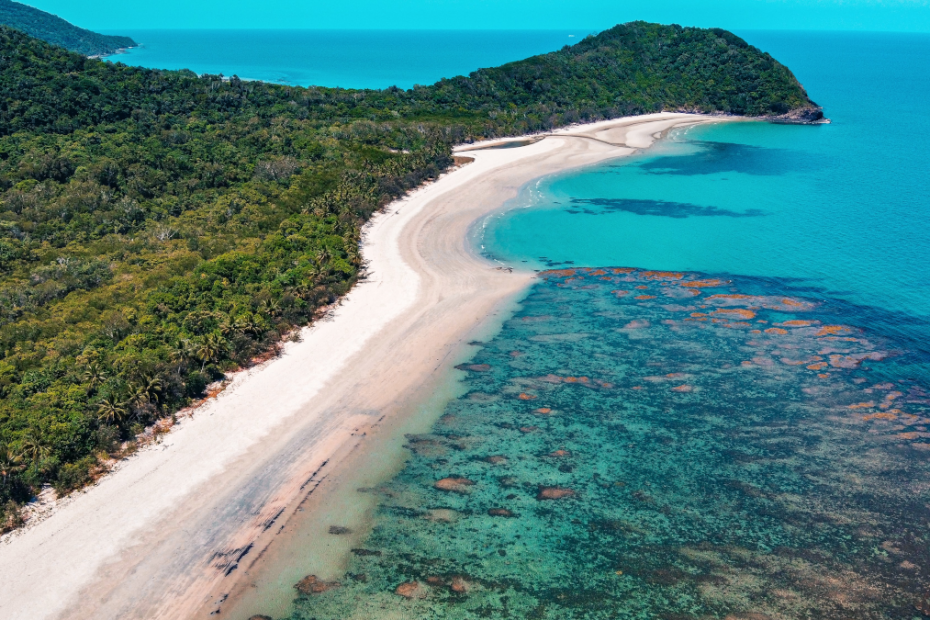In December, the Australian Government announced its response to the independent review of the Environment Protection and Biodiversity Conservation (EPBC) Act. Some significant changes are on the way as a result.
Reforms in the new Act will include:
• New national standards for First Nations consultation and participation in decision-making, regional planning, community engagement and environmental offsets;
• A new independent Environmental Protection Agency;
• Improved environmental data and information so we can better track and adapt to environmental changes;
• A regional planning initiative for better and faster decision-making that ensures environmental protection and restoration;
• Environmental offset reforms which ensure wins for the environment and faster decisions for developers;
• An improved planning framework for conservation of wildlife and places;
• Improved First Nations partnerships in protection of the environment.
With these priorities in mind, the Government will work with stakeholders and partners to develop new laws during the first half of 2023. More information about these reforms may be found at:
https://www.dcceew.gov.au/environment/epbc/epbc-act-reform#:~:text=Our%20response%20to%20the%20Independent,the%20environment%2C%20better%20for%20business.
In line with this commitment to better laws and decisions for the protection of the environment, we commend the Australian government’s decision to reject Clive Palmer’s proposed coal mine in Central Queensland, 10 km. from the Great Barrier Reef Marine Park. The decision is both an important step towards a more sustainable future and a reflection of the growing awareness among Australians of the negative impacts of the coal industry on public health, the environment and the economy.
The decision is also in line with the country’s commitments under the Paris Climate Agreement and sends a strong message about its commitment to reducing greenhouse gas emissions and addressing climate change.
As laid out by Pope Francis in his encyclical, Laudato Si, there is an urgent need for action on climate change and environmental protection by governments and businesses, but also by Individuals.
We must all play a critical role in the fight against climate change and environmental degradation by taking action at both a personal and collective level. The Laudato Si platform provides a framework for individuals and organizations to take action on climate change and environmental issues.
Alongside Government decisions to block harmful mining activity, initiatives such as Clean Up Australia Day provide a platform for individuals and communities to take action to clean up local areas and promote environmental sustainability. Other actions individuals can take include reducing energy consumption, recycling and reducing waste, using public transportation or cycling instead of driving, and supporting businesses and products that prioritize sustainability and climate action.
By working together and taking action on an individual and collective level, we can create a more sustainable future for ourselves and for the planet.
This Year, on 5th of March, we in the Office of Justice, Ecology and Peace will be taking part in Clean Up Australia Day, and we urge Catholics in parishes, schools and agencies to become involved. The ACBC Secretariat will also be taking action as part of the Clean Up Australia initiative.
You can find events happening locally here: https://www.cleanupaustraliaday.org.au/join-a-clean-up
Don’t forget that Laudato Si’ Week is coming up in Australia between May 16 and May 24. It will be another opportunity for you to take action to respond to the challenges of Pope Francis’s Laudato Si’. Our Office will provide more information and resources in the next two months.
